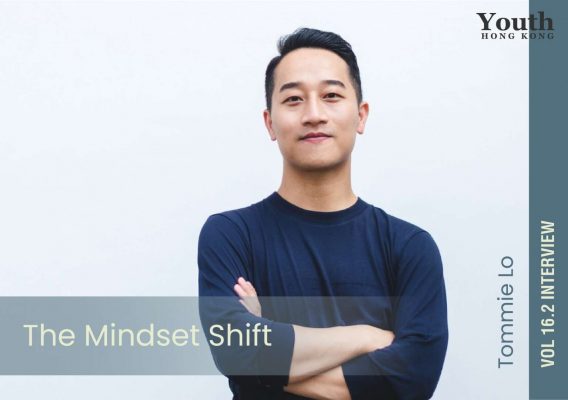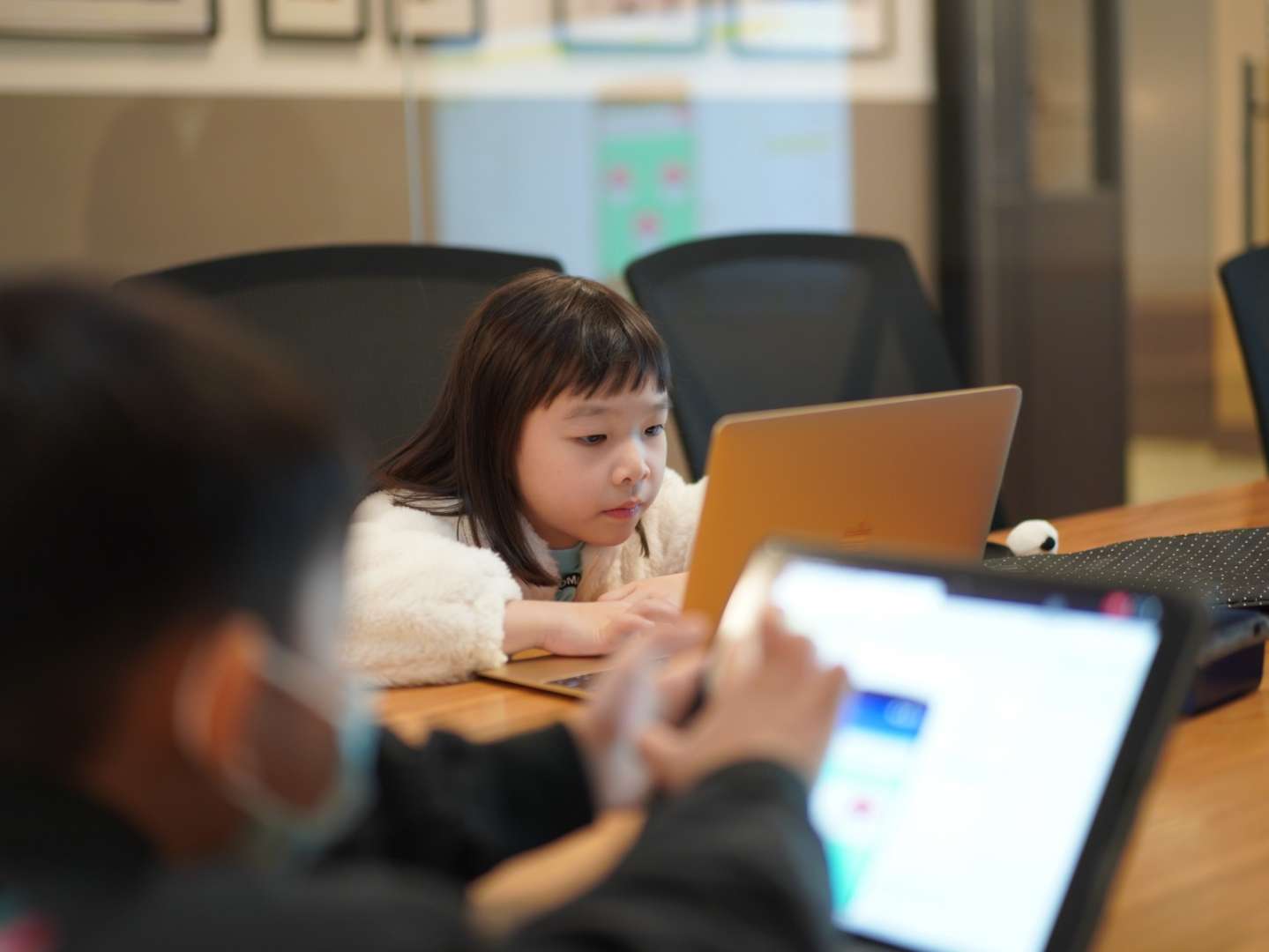//16.2 Interview
The Mindset Shift
Tech and education entrepreneur, Tommie Lo, suggests different approaches to traditional learning.
Generally, our first impressions of learning might involve a traditional classroom with a teacher next to a blackboard, exhorting students into rote repetitions. Perhaps it can be a picture of students devouring books in a library, or simply learning from YouTube channels at home.
As new technologies continue to emerge and make their impact in our daily lives, it is very probably that the next generation might have a vastly different experience of learning. In a conversation with Youth Hong Kong, Tommie Lo, the founder and CEO of Preface, a company that provides on-trend tech education, shared his insights on the future of learning and how Hong Kong education might need to develop a new mindset.
In 2017, when setting up his first ed-tech project, Tommie found that the available devises, including mobile phones, computers, robots and projectors, were not being well accessed by the general public, especially students, hindering their communication and learning.
He wondered if programming would be the next global language, not between humans, but to enhance communication between humans and digital devices. Tommie believed that this would actually provide humans better insight to maximise their creativity. “I wanted to build something that brings a bigger impact in education,” he said.
So, Tommie founded Preface to teach children and students all about coding and programming. Through subsequent conversations with parents, he realised there was also a market demand among adults. “The first batch of parents, who are usually decision-makers and business owners, sent their children to learn, but then found themselves interested in exploring more in the latest technology and discovering what they didn’t know.”
Recognising the widening technology gaps that the then-education system was struggling to fill, Preface expanded its offerings to provide a broader scope of technology training, beyond just coding, for both students and adults in schools and corporations.
Beyond Textbooks
Traditional educational models have relied heavily on textbooks, with publishers exerting a significant influence on the delivery of information and knowledge. However, the emergence of new information media and channels has dramatically changed the way in which knowledge is acquired. This has only been exacerbated by the availability of AI and its capacity to generate content and disseminate even more data than before.
As Tommie pointed out, the publication process for textbooks can take between 12 to 18 months, during which a new generation of technology may have already arrived. “For example, I bought a book about ChatGPT 3.5 last week, but the new 4.5 model is coming up soon,” he said, emphasising that relying solely on traditional teaching methods can lead to outdated information for students.
“AI won’t replace teachers. We should start thinking about how AI empowers teachers.”
Beyond Classrooms
Thus, Tommie’s concept was to link learning with lifestyle. As he stated, his aim was to make knowledge “drinkable, eatable, and digestible.” By offering technology training using AI-powered learning materials and a more personalised curriculum, the purpose of Tommie’s innovations was to decentralise traditional classroom settings so that learning could happen anywhere.
For instance, imagine someone visiting Japan and watching a captivating video about robots. Inspired by this experience, they may become curious about robotics and want to learn more by finding a teacher in Japan. “The world becomes your classroom, whether at restaurants, coffee shops or any other hidden corners,” Tommie explained.
Beyond Content Delivery
While the preferred learning format may vary on an individual level, Tommie emphasised that the most important aspect is to think beyond just content delivery. He pointed out that teaching specific technology skills was not the primary focus, but rather, how to use these skills to think and solve problems. “Using AI doesn’t mean that humans don’t need to think. The process may involve even more human thinking and evaluation,” he added.
Tommie pointed out that during the Hong Kong Principals’ Forum 2023, co-founded by the Hong Kong Education Bureau, discussions centred around whether students should be allowed to use ChatGPT, as well as the need for schools to understand the ethics surrounding AI and what potential harm could be derived. But these discussions, he feels, did not go deep enough.
We need a new perspective, Tommie argues. “I’m pretty sure that AI won’t replace teachers. At this stage, we shouldn’t still be thinking about whether we will be replaced by AI, but rather, we should think about how AI empowers teachers.” There are gaps in skills, no doubt, but these are not difficult to address. More profoundly, he thinks decision-makers and educators, including teachers and administrators, need a more adaptive mindset.
“Think about education from a long-term perspective: what courses should we offer to prepare secondary students who will enter the job market in 2030? How are they going to contribute to society? If these questions are prioritised, the basic worries about AI won’t seem that much of a problem,” he concluded.
The most important thing, according to Tommie, is instilling confidence in students so that they use these new methods to acquire knowledge and learning, and become more adaptable to the changing environment. By embracing a forward-thinking mindset and leveraging the power of technology, Hong Kong’s education system will find its purpose and potential to prepare the next generation for the challenges and opportunities of the digital age. ■





